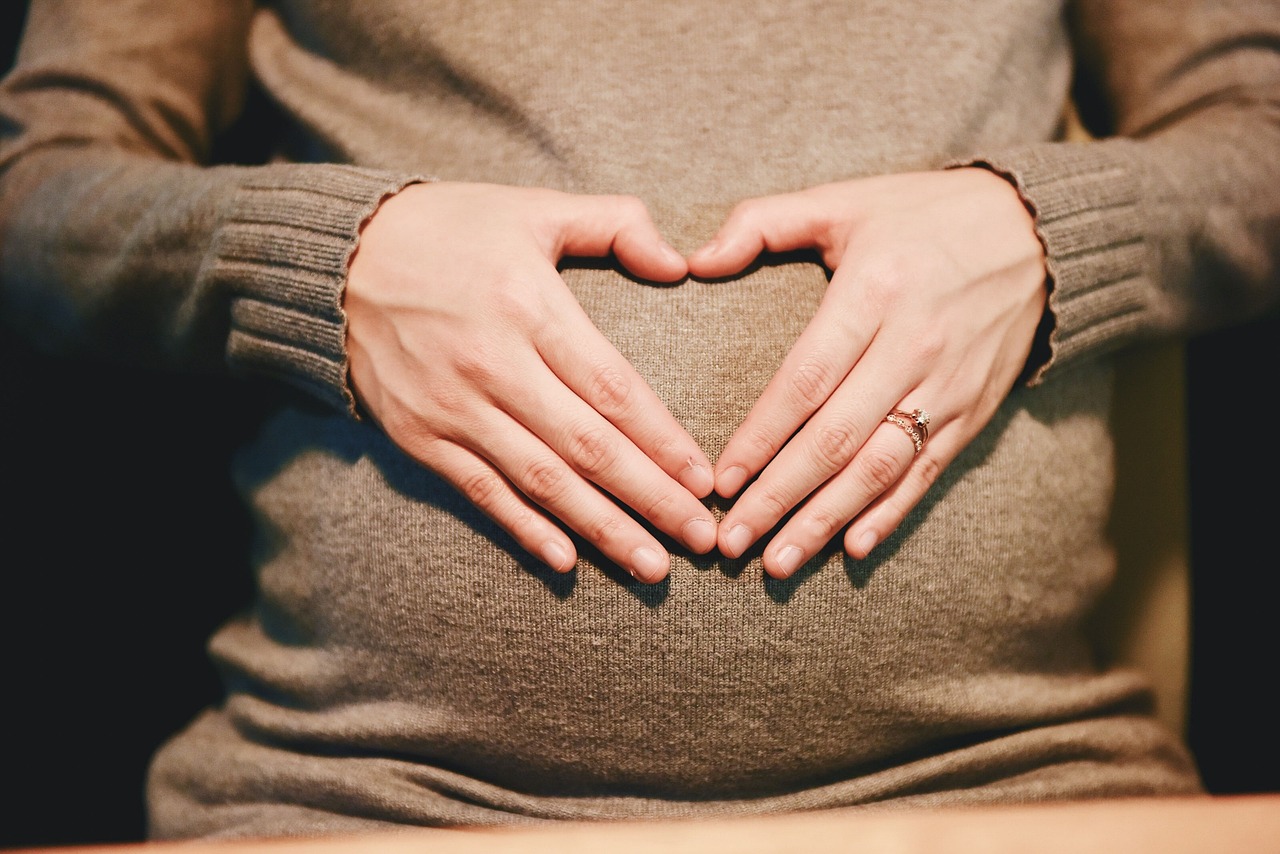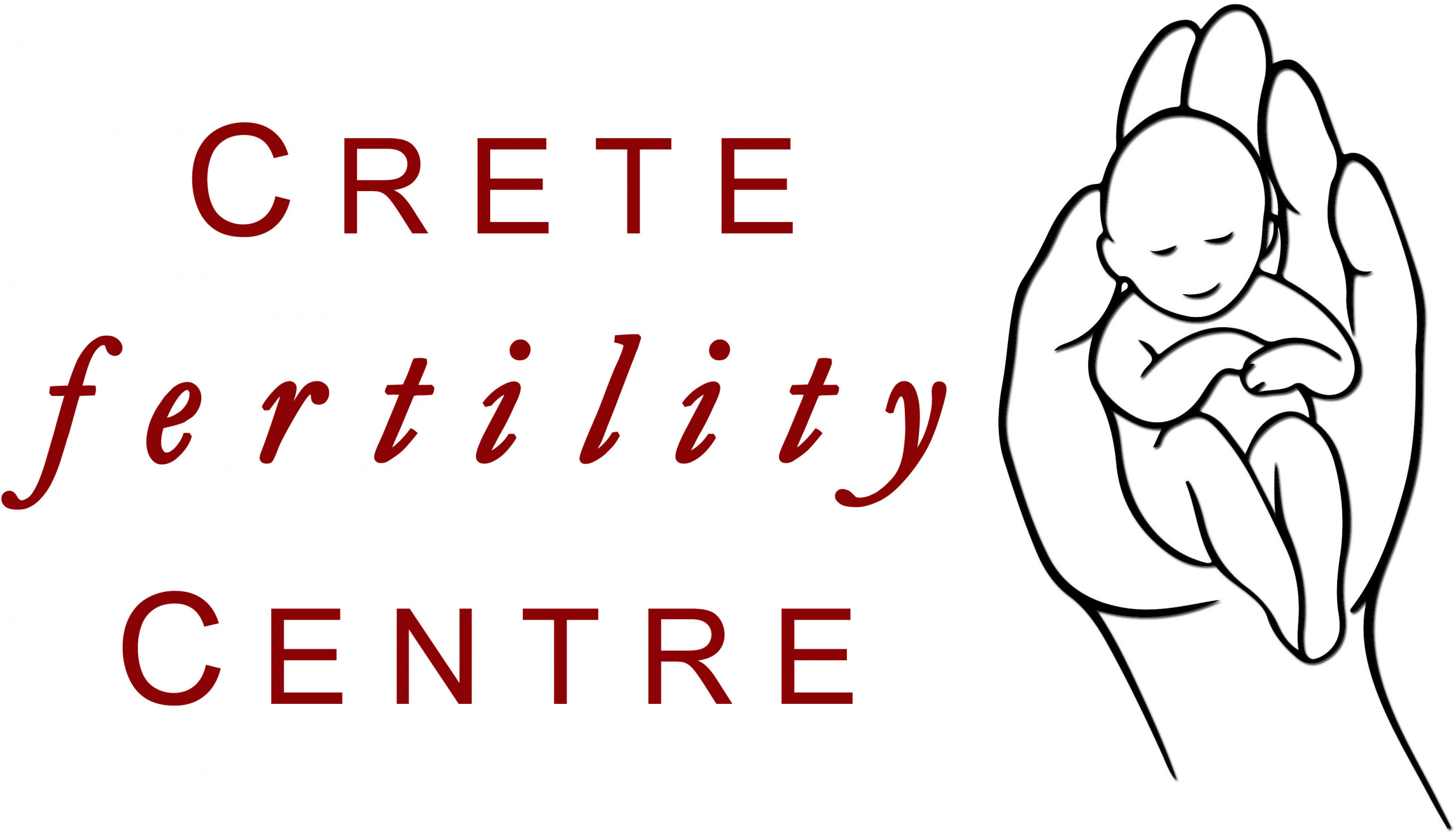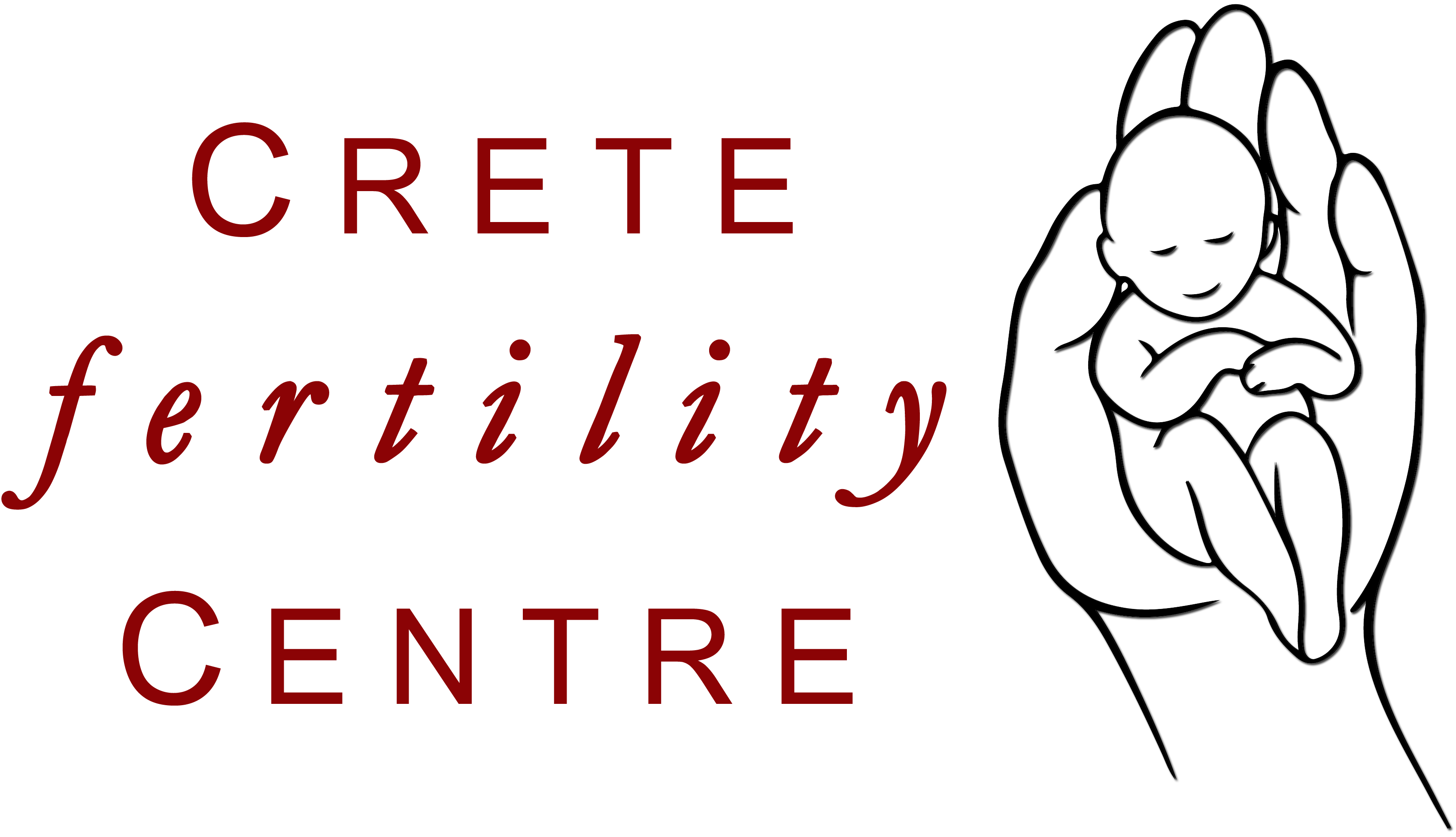Is it possible to get pregnant after menopause?

Getting pregnant after menopause is possible.
The phrase “menopause baby” may have come up on social media or in a movie. Is it possible to naturally become pregnant after menopause? Menopause-related changes to a woman’s body lead one to believe the answer is no. But that does not preclude women from getting pregnant before, during, or after menopause.
Menopause: What is it?
Twelve months following a woman’s last period, menopause sets in. Numerous changes take place in the years prior to the beginning of menopause, such as decreased hormone production and ovulation. Three stages are frequently used to describe menopause. The capacity to conceive naturally alters during each stage.
A woman has about 1 million eggs at birth. That number will be approximately 300,000 by the time she reaches adolescence and starts to ovulate monthly, and it will decrease throughout the course of her lifespan. Every stage of menopause causes a woman’s chances of becoming pregnant to fluctuate significantly because of the decrease in the amount of viable eggs in her ovaries and the changes in hormones connected to ovulation and pregnancy.
Perimenopause
Women often begin their perimenopause, or the years “around” menopause, between the ages of 40 and 44. Her menstrual cycle will alter in duration and flow throughout this period. As she approaches menopause, estrogen and progesterone production will also begin to decrease. Although perimenopause marks the beginning of a drop in fertility, spontaneous conception is still feasible. According to statistics, between 10 and 20% of perimenopausal women between the ages of 40 and 44 become pregnant naturally. Between the ages of 45 and 49, these percentages fall to 12%.
Menopause
Menopause, as mentioned above, is thought to start whenever a woman has gone twelve consecutive months without having her period. Due to insufficient levels of the hormones required to cause the ovaries to release an egg, you are no longer ovulating at this time. Without additional hormones or IVF, getting pregnant throughout menopause is unlikely.
Postmenopause
The monthly cycle needed for pregnancy does not resume after menopause. Additionally, hormone levels don’t reach premenopausal levels. A natural pregnancy after menopause is unlikely, just like during menopause. However, there is a chance to get pregnant after menopause thanks to HRT and IVF.
How to improve the likelihood to get pregnant after menopause
As women near menopause, the normal cycles that enable them to conceive naturally shift. The body stops producing the appropriate hormones and releasing eggs, both of which are necessary for getting pregnant, after a woman approaches menopause and for several years later. However, these adjustments to your body’s cycle do not rule out getting pregnant before, during, or after menopause.
In vitro fertilization (IVF)
A woman’s eggs are no longer viable after menopause. IVF can still offer a pregnancy possibility, though. Utilizing mature eggs that have undergone laboratory fertilization, IVF is a medical treatment. The embryo is moved to the uterus shortly after (around two to five days after fertilization). If IVF is successful, the embryo will implant in the uterine lining within six to ten days of fertilization, just like it would with a regular pregnancy. IVF failure rates range from 15% to 25%, however they rise with mother age.
The eggs used in IVF are typically taken from the ovaries. However, the quality and quantity of a woman’s eggs deteriorate as she enters and goes through menopause. A lady has all of her future eggs during conception. Retrieval during menopause or postmenopause is unlikely due to the (perhaps unhealthy) eggs and insufficient eggs. So, how can you use IVF to become pregnant after menopause? Utilizing donor or previously frozen eggs is the solution.
Pre-frozen eggs
A woman may decide to freeze her eggs for a variety of reasons. For instance, health issues, known fertility problems during premenopause, population problems, early tubal ligation or sterilization, genetic diseases, etc. In these situations, the IVF process includes the utilization of previously frozen eggs that were harvested before menopause.
Donor eggs
Donor eggs are another option for a lady who hasn’t previously frozen eggs. A healthy egg taken from a donor is referred to as a donor egg. Depending on the agreements made with the donor, a person seeking to use donor eggs may or may not be acquainted with the person donating.
Diet and Lifestyle
Your doctor will advise food and lifestyle adjustments if you are thinking about IVF in order to achieve the best results. This may contain:
- Weight Management
- Reducing stress through practice
- Giving up smoking
For more info on Diet and Lifestyle , you can click here.
How long it takes to get pregnant after menopause ?
Age and other menopause-related variables frequently cause IVF success rates to fall. In other words, a woman has a higher chance of becoming pregnant near menopause. According to the Society for Reproductive Technology, the success rate for IVF in women over 40 is roughly 7%. Some service providers advise using donated or already frozen eggs for women over the age of 43.
Can you naturally become pregnant after menopause ?
According to statistics, premenopause and, to some extent, perimenopause are the times when women are most likely to conceive spontaneously. Up to 50% of women are unable to conceive naturally by the time they are 41 years old. At 45 years old, it rises to 90%, and by 50, it is close to 100%.
Reduced hormone production, the beginning of menopause, and low egg quality might all be contributing factors to the increased infertility rates. Can a woman naturally become pregnant after menopause? Natural conception is all but impossible after menopause since hormone levels can no longer cause ovulation.
Additionally, regenerative medicine affects positively the possibility of getting naturally pregnant during menopause, creating the reverse menopause effect. Ovarian rejuvenation is a technique that enhances the possibility of women to have a child with a natural way. This technique is currently applied with great success in Crete Fertility Centre.
The dangers of later-life pregnancy
A lady should think about specific risks beyond the age of 35. It is important to note that these concerns might only apply to some people who decide to have a child in their 30s or 40s. Typical illustrations include:
- Reduced fertility. ● Increased risk of gestational diabetes.
- Genetic risks such as Down syndrome ● Breech positioning.
- Miscarriage. ● Emergency c-section.
- Stillbirth. ● Preterm birth.
- Low birthweight or high birthweight ● Increased risk of maternal mortality.
Menopause does not imply that a woman cannot carry a pregnancy to term. Contact Crete Fertility Centre for more information on how to get pregnant after menopause.




